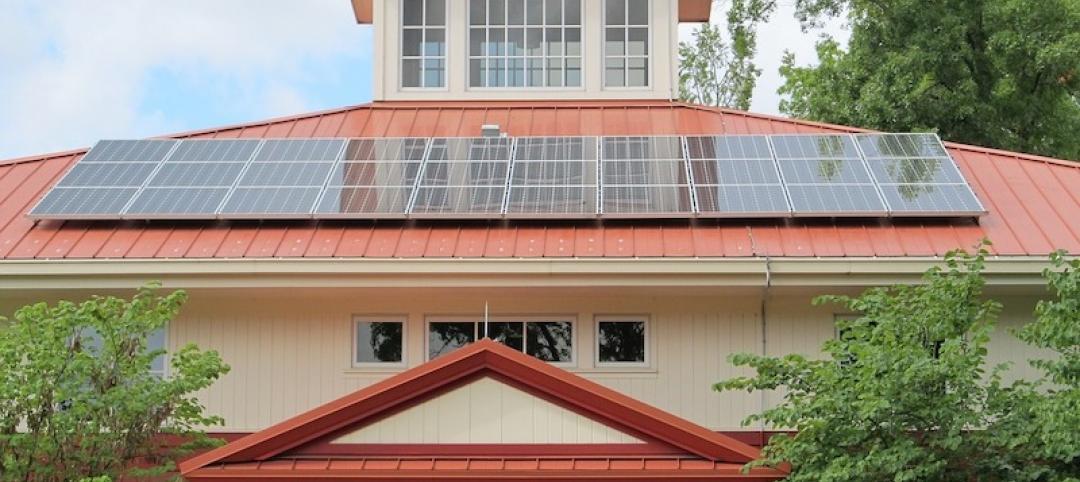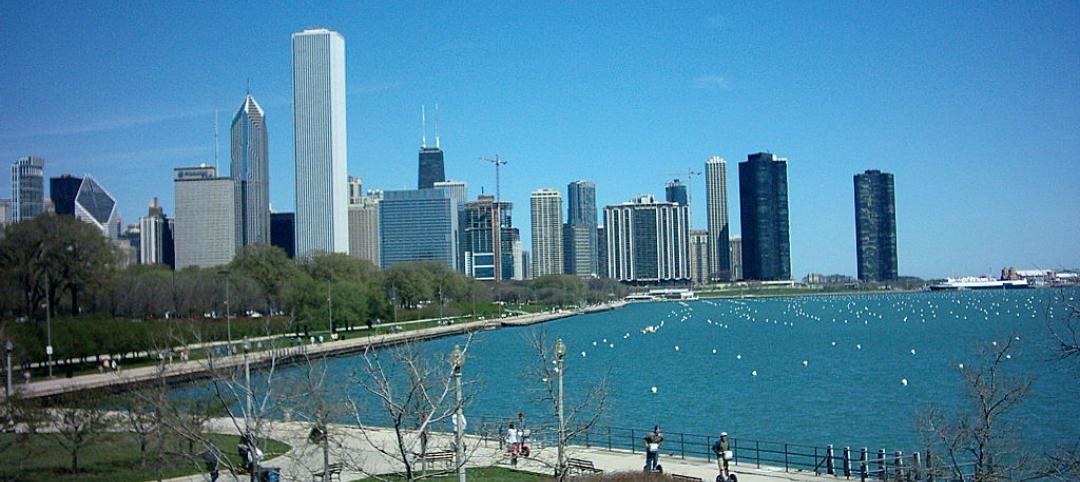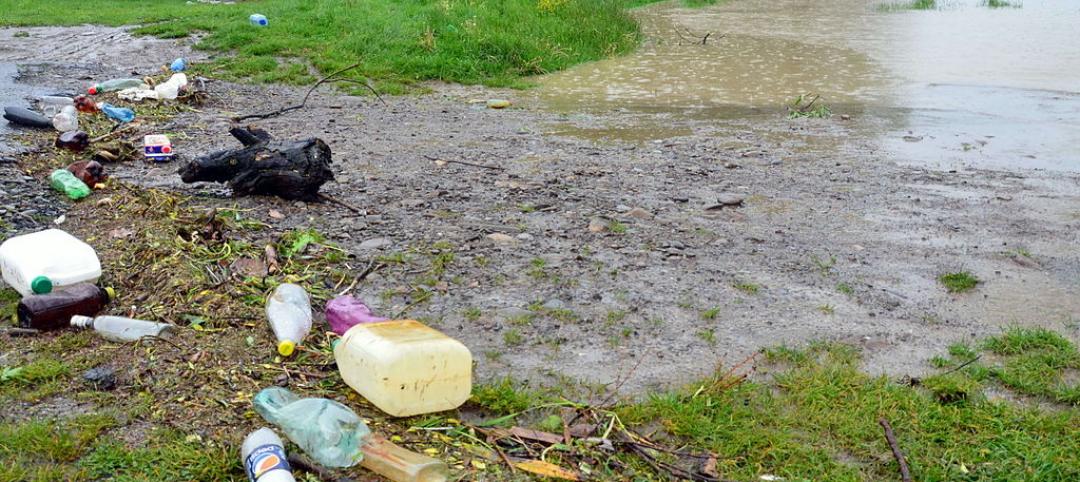Widespread power outages in Texas during a severe cold blast have caused some to question whether banning fossil fuels from new buildings makes sense.
Most homes with gas space heating went cold because most gas-powered heating systems require electricity to operate. But, after the lights went out, gas stoves allowed residents to boil water and cook food while electric appliances were useless.
The reductions in carbon emissions resulting from all-electric buildings supplied by clean power sources are still compelling, and there are ways to make the grid and individual buildings more resilient to power outages. For instance, attaching a small battery backup to a gas heating system enables it to run when the grid fails.
Solar panels with battery storage could also keep both electric stoves and electric heating systems running during grid outages. Batteries in electric vehicles could someday be tapped as a source of backup energy.
There are strategies that can make the grid more resilient, as well. Texas could winterize its electrical system, for starters. Also, microgrids at the building-level or community-level can generate and store their own electricity, relieving pressure on the grid, and may be able to continue providing power during regional outages.
Related Stories
| Jun 18, 2014
ASHRAE publishes guideline on specifying Building Automation Systems
Performance monitoring guidance is a key feature of the document. It provides designers of BAS systems with recommendations for good practice, project considerations, and detailed discussion of design options.
| Jun 18, 2014
Battle over low-cost, Chinese-made solar equipment could stunt solar power growth
The U.S. Department of Commerce tentatively agreed to assess tariffs of up to 35% on solar equipment, a move that could slow the rapid growth of the domestic solar power industry.
| Jun 18, 2014
Senate passes ‘compromise’ bill that green lights 26 new VA hospitals, clinics
The U.S. Senate reached a compromise deal combining elements of two competing Veterans Administration reform bills that would, among other things, gives the go-ahead for the construction of 26 new VA hospitals and clinics.
| Jun 18, 2014
Pittsboro, N.C., approves massive new development plan
The Pittsboro, N.C., Board of Commissioners approved the master plan for Chatham Park, a massive residential and commercial project that could bring 60,000 people to Pittsboro over several decades.
| Jun 11, 2014
AGC to study causes of construction deaths, injuries
The Associated General Contractors of America is conducting a new study to make job sites safer and search for ways to lower the number of injuries and deaths in the construction industry.
| Jun 11, 2014
U.S. infrastructure quality ranks only 19th in the world
The quality of infrastructure in the U.S. ranks just 19th in the world, trailing countries such as Oman, Portugal, and Spain, according to the World Economic Forum’s Global Competitiveness Report.
| Jun 11, 2014
ISO releases standards for comparing city services worldwide
The International Organization for Standardization (ISO) has created the first standards to compare services of the world’s cities.
| Jun 11, 2014
Federal bill would promote shifting to energy-efficient roofs
A bipartisan proposal from U.S. Reps. Tom Reed, R-N.Y., and Bill Pascrell, D-N.J., would make roof replacement cost less and would help commercial building owners adopt energy-efficient systems.
| Jun 5, 2014
Over budget Homeland Security headquarters project may be canceled
A massive new headquarters for the Department of Homeland Security is more than $1.5 billion over budget, 11 years behind schedule, and may never be completed.
| Jun 5, 2014
Insurance giant sues nearly 200 Illinois communities for failing to prepare for climate change
Farmers Insurance filed nine class action suits against nearly 200 communities in the Chicago area, saying that local governments should have prepared for rising global temperatures that have led to heavier rains and flooding.














